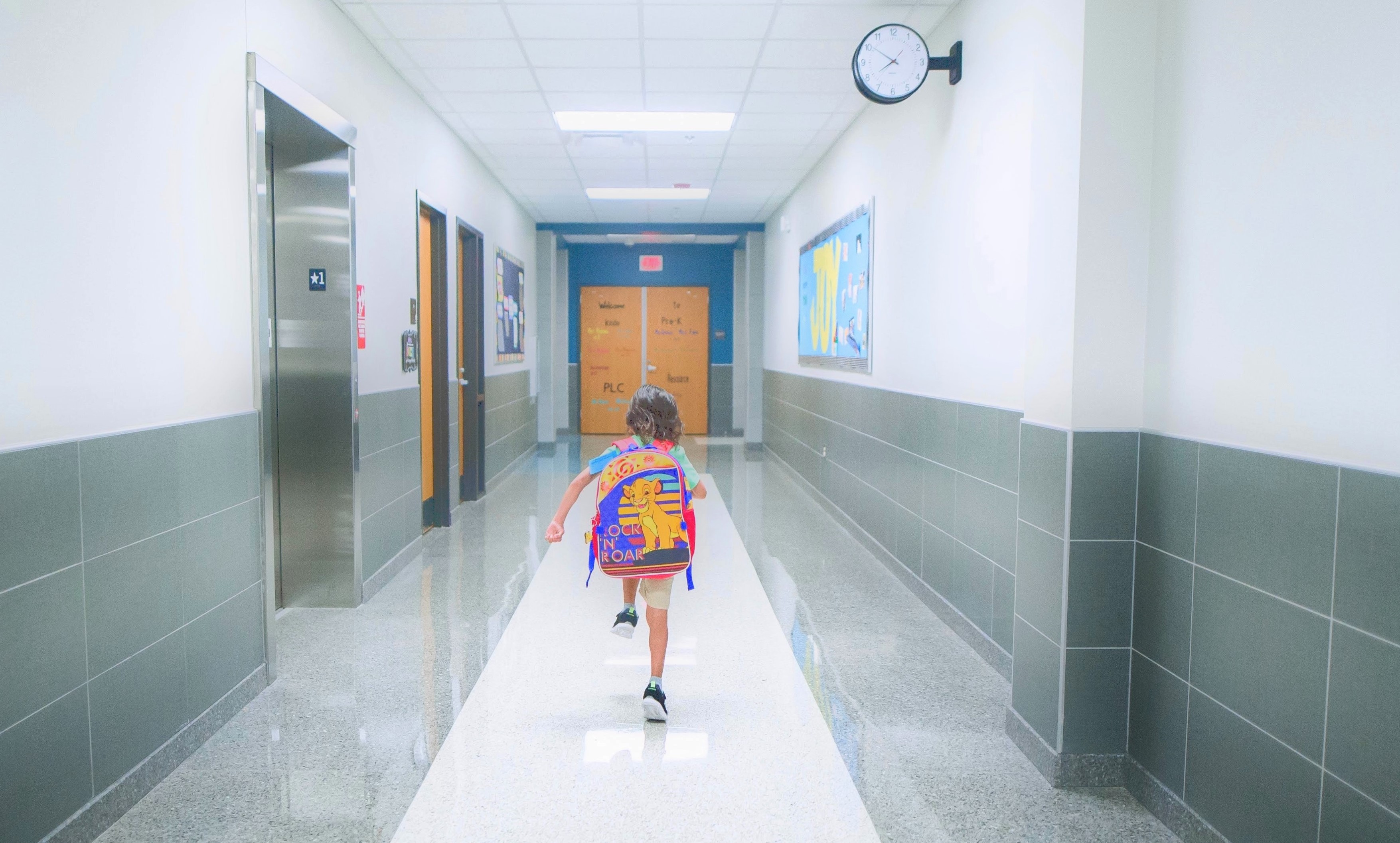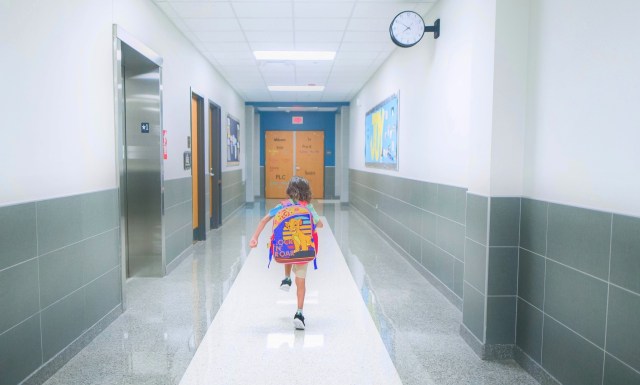
Does this sound familiar? Your child comes home upset and reports that their friend did or said something mean. After hearing the story, you are convinced that indeed there was malicious intent, and the friend is to blame. A few days later, your child’s friendship returns to normal. But you are still stewing and have a hard time seeing your child’s friend in a positive light.
In social situations like these, our minds generate a variety of explanations for the behavior of others. Some of these explanations give someone the benefit of the doubt. Others assign blame, judge, and even attack their character. In the situation described above, we only heard one perspective, yet we assigned blame and assumed the friend’s bad intention.
This sort of thing happens all the time. Humans tend to jump to conclusions so we can make better sense of our world. Psychologists refer to this as our “attribution style.” Some people tend to give others the benefit of the doubt (benign attribution style), while other people tend to blame and assume bad intent (hostile attribution style).
Which attribution style has more positive relationships and overall happiness? (The tendency to blame or the tendency to give others the benefit of the doubt?)
Studies show that people with a benign attribution style, or the tendency to see the good in others, lead happier lives and experience more positive relationships.
So what does this have to do with parenting?
Our attribution style is not set in stone. If we tend to have a hostile attribution style, we can change the way we think. This effort will positively impact our kids as they see us giving them and others the benefit of the doubt before jumping to negative conclusions.
As parents, it’s important to help our kids navigate difficult emotions and situations. In these instances, we can make sure our kids feel heard and validate their feelings. Then, we can help them see the bigger picture. Maybe their friend is having a difficult time, maybe the behavior was not intentional, and that there is likely more to the story.
When we emerge from the COVID-19 pandemic, life will no doubt be challenging. People are dealing with unprecedented changes in their lives, such as the loss of jobs, loved ones, routine, and connection with others. Life is steeped in uncertainty and fear. Now is a perfect time to practice a benign attribution style. Give others the benefit of the doubt. Avoid assumptions. Focus on the good. The world needs this right now, and so do our kids.











